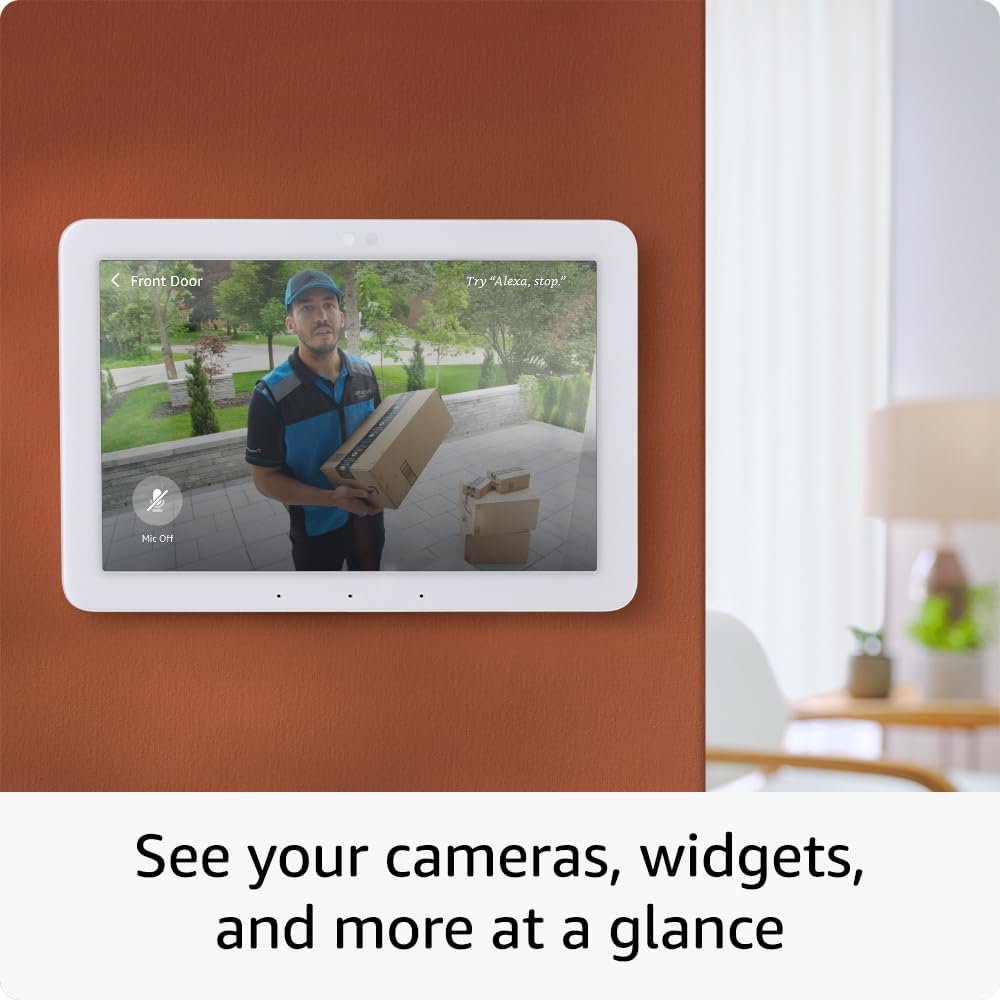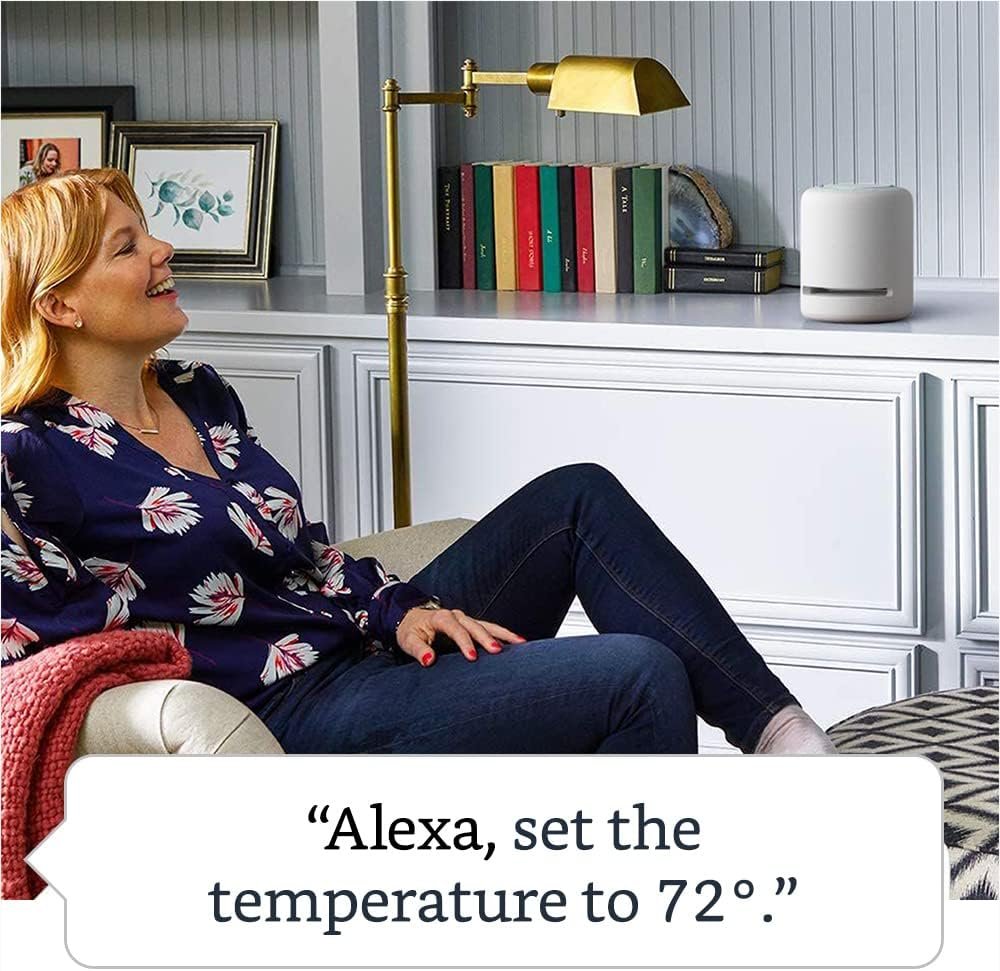Have you ever wondered what it might be like to have a home that can help you manage your daily life seamlessly and efficiently? In today’s rapidly advancing world, the concept of a smart home is no longer just a futuristic idea but a practical possibility for many. But with all the hype surrounding smart homes, you might be asking yourself, what is the real purpose of a smart home?

Understanding the Smart Home Concept
A smart home refers to a residence equipped with technology that allows for the automated or remote control of various household systems such as lighting, heating, electronic devices, and security systems. The integration of these systems enables the seamless interaction among devices, improving efficiency and comfort.
Evolution and Growth of Smart Home Technology
Smart home technology has evolved from simple remote-operated gadgets to complex, interconnected systems capable of learning and adapting to your habits. Over the years, the growth of the Internet of Things (IoT) has played a pivotal role in expanding the capabilities and accessibility of smart homes. As more devices connect to the internet, the potential for smart home innovation continues to grow exponentially.
Enhancing Daily Convenience
One of the primary purposes of a smart home is to enhance daily convenience. Smart homes are designed to make everyday tasks easier, allowing you to focus more on activities you love rather than routine chores.
Automation of Routine Tasks
Imagine a morning routine that practically runs itself. With smart home devices, you can automate various tasks such as adjusting the thermostat to the perfect temperature before you wake up, or having your coffee brewed right on time. Such automation helps streamline your day and reduce stress.
Remote Control and Accessibility
A smart home allows you to control and monitor various home devices from anywhere using a smartphone or tablet. Whether you’re at work, on vacation, or just in another room, you can check the status of your home and make adjustments as needed. This remote accessibility offers unparalleled convenience, ensuring your home environment is always just the way you like it.

Improving Safety and Security
Safety and security are major concerns for any homeowner. Smart home systems provide advanced security features to help ensure your home’s and your family’s safety.
Intelligent Security Systems
Smart security systems offer more than just traditional locks and alarms. Features such as smart cameras, motion detectors, and remote locking mechanisms secure your home at every hour. Moreover, with real-time alerts sent straight to your mobile device, you can receive immediate notifications of any suspicious activities detected in or around your home.
Monitoring and Emergency Response
In addition to protecting against intruders, smart home systems allow monitoring for other emergencies such as fires or floods. With smart smoke detectors and water leak sensors, you are alerted to potential threats promptly, giving you crucial time to react appropriately.
Energy Efficiency and Sustainability
As the world increasingly seeks sustainable solutions, smart homes offer innovative ways to reduce environmental impact while saving on utility bills.
Smart Energy Management
By optimizing energy consumption, smart home technology can help reduce electrical usage and carbon footprint. Smart thermostats and energy-efficient appliances, for instance, learn your energy habits and suggest optimizations, potentially leading to significant savings on energy bills.
Renewable Energy Integration
Many smart homes integrate renewable energy sources like solar panels with smart energy systems. These systems can dynamically manage the distribution of generated power, maximizing the efficiency of renewable energy usage and reducing reliance on non-renewable sources.

Customizing Your Living Space
A key advantage of smart home technology is the ability to customize and personalize your living space to suit your unique preferences and lifestyle.
Personalized Entertainment Options
Smart home systems can tailor your entertainment experience by creating profiles that remember your music or TV show preferences. Voice-activated assistants and smart speakers provide hands-free control over your entertainment system, allowing for a fully immersive experience.
Ambient Environment Control
Control over lighting, temperature, and sound gives you the ability to alter your home environment to your liking. Smart lighting systems can adjust based on the time of day or your mood, while smart thermostats ensure you’re always comfortable.
Health and Wellness Management
Smart homes can also promote your health and wellness through various integrated systems designed to improve your daily well-being.
Air Quality and Environment Monitoring
Smart air purifiers and sensors monitor indoor air quality and automatically adjust to maintain optimal health conditions. By analyzing factors like humidity and pollutants, these systems contribute to a healthier living environment.
Wellness and Fitness Integration
A smart home can also support your fitness goals. Through wearable devices and smart home integrations, you can track physical activity and manage your workouts. Several systems offer personalized health insights to help you maintain a balanced lifestyle.
The Role of Artificial Intelligence in Smart Homes
Artificial Intelligence (AI) is a driving force in the development of smart homes, enabling systems to learn from user habits and operate more intelligently.
Machine Learning and Adaptation
AI systems analyze patterns in your daily routines to anticipate your needs. This evolving capability allows smart homes to provide increasingly personalized and insightful interactions, enhancing overall user experiences.
Voice Assistants and Virtual Companions
Voice-activated assistants like Alexa, Google Assistant, and Siri are central to smart home systems. They help integrate various functions, making it easier than ever to control your smart home hands-free. These virtual companions also offer suggestions, answer questions, and assist in daily activities.
Overcoming Challenges in Smart Home Adoption
While the benefits of smart homes are significant, there are also challenges and considerations that need to be addressed.
Privacy and Security Concerns
As with any technology, smart homes pose potential privacy risks. Concerns relating to data protection and unauthorized access need to be carefully managed. Ensuring robust security measures, such as encryption and regular updates, helps protect your personal information.
Integration and Compatibility
The growing array of smart devices can lead to compatibility issues. However, adopting systems that support open standards can ease integration challenges and ensure seamless communication among devices in your home.
Looking Ahead: Future Trends in Smart Home Technology
The future of smart homes is bright, with ongoing advancements promising even more exciting possibilities.
Smart Cities and Integrated Solutions
As smart home technology evolves, integration with smart city initiatives could create environments that offer even greater benefits at a community level. This involves optimizing everything from traffic flow to energy consumption across broader networks.
Advances in Connectivity and IoT
Continued enhancements in IoT and connectivity will expand the boundaries of what’s possible within smart homes. 5G networks, in particular, promise faster, more reliable connections that bolster smart device interactions.
Conclusion: Embracing the Smart Home Revolution
The purpose of a smart home is multifaceted, improving convenience, safety, energy efficiency, and personalization, with benefits that touch upon various aspects of daily life. As technology continues to advance, smart homes are set to become integral to the way we live, offering adaptable solutions that cater to individual needs and fostering environments that are safer, more efficient, and more enjoyable. As you consider the possibilities, embrace the idea of a smarter, more connected home that evolves with you and supports your lifestyle.



